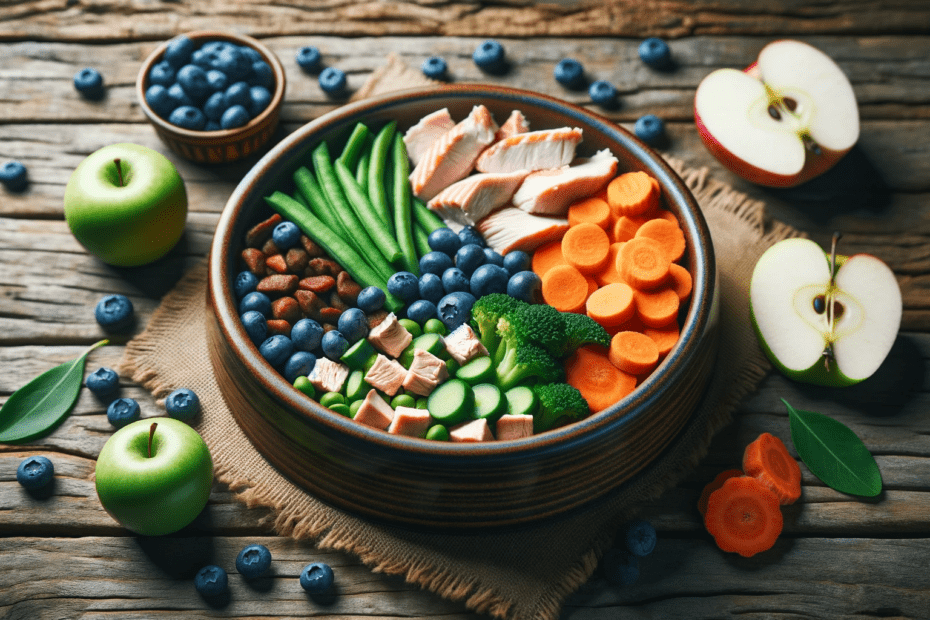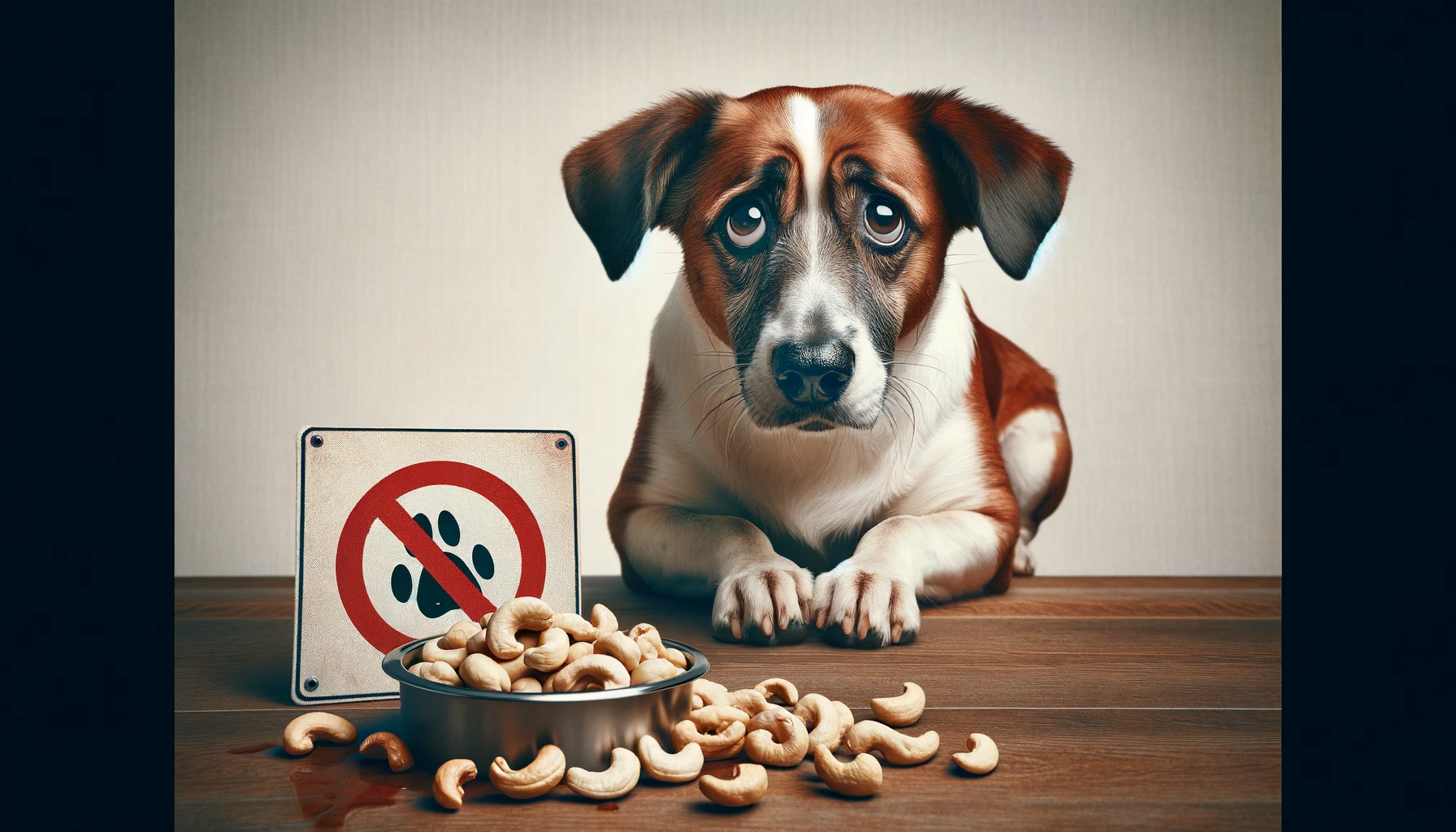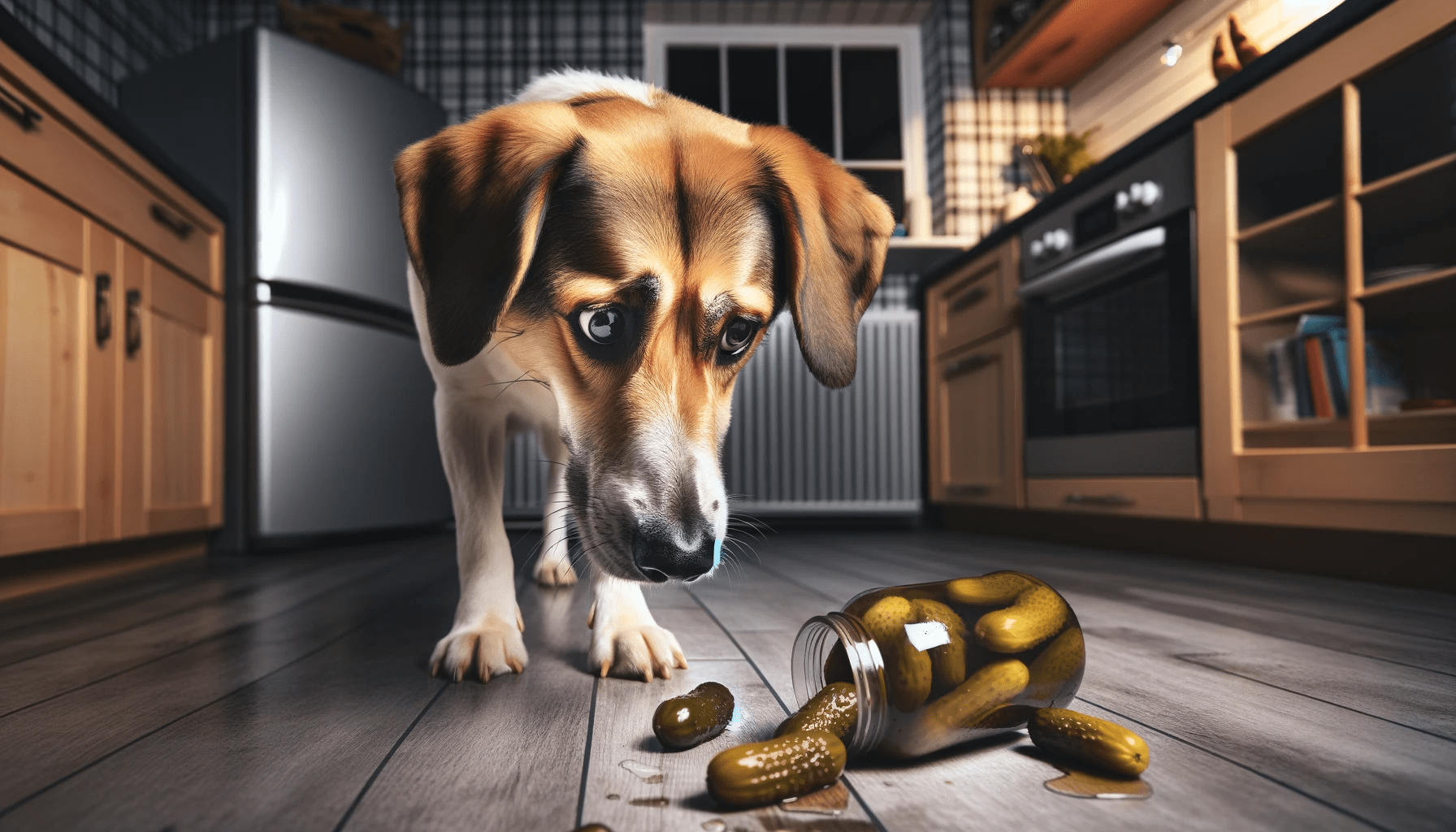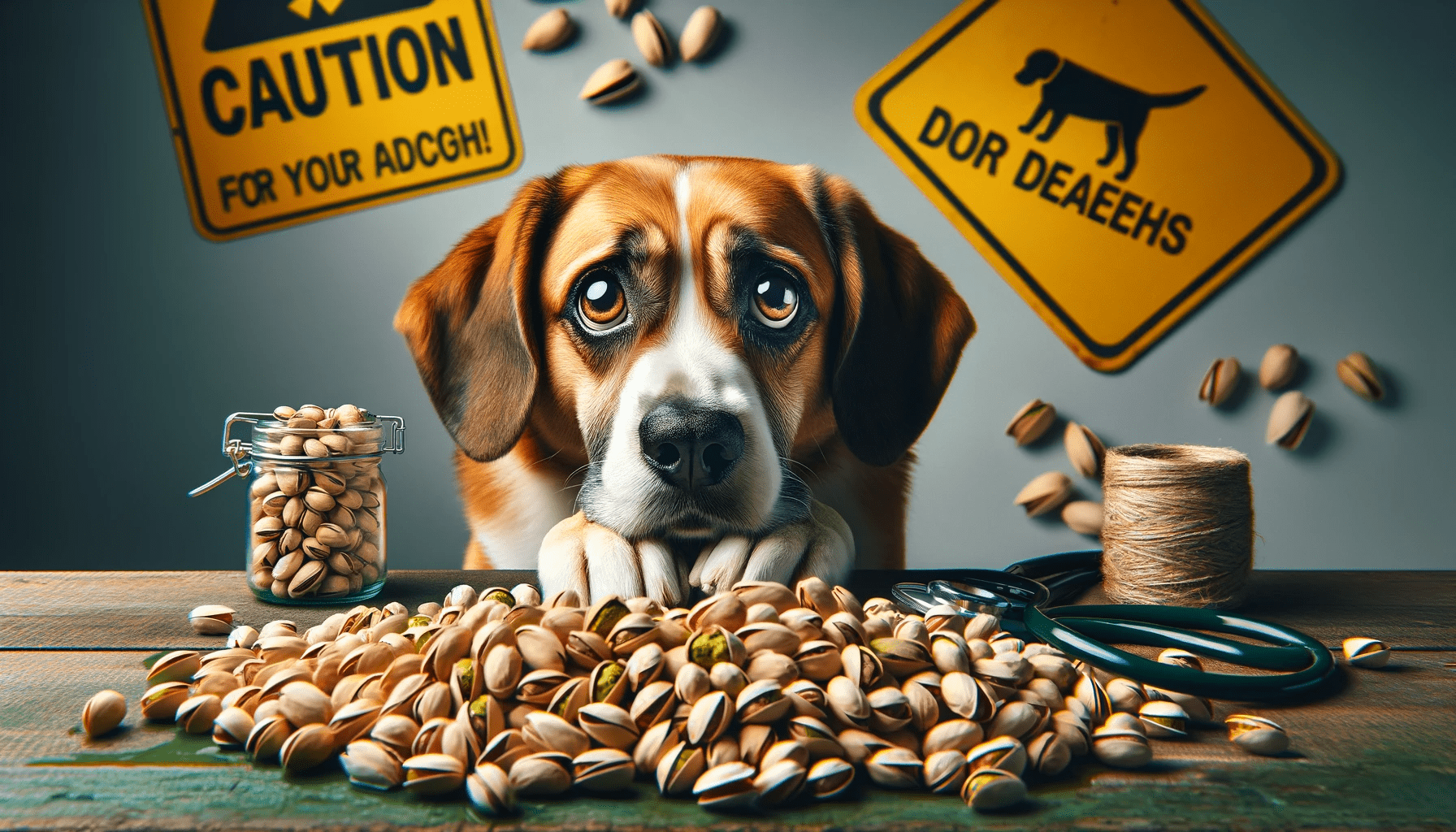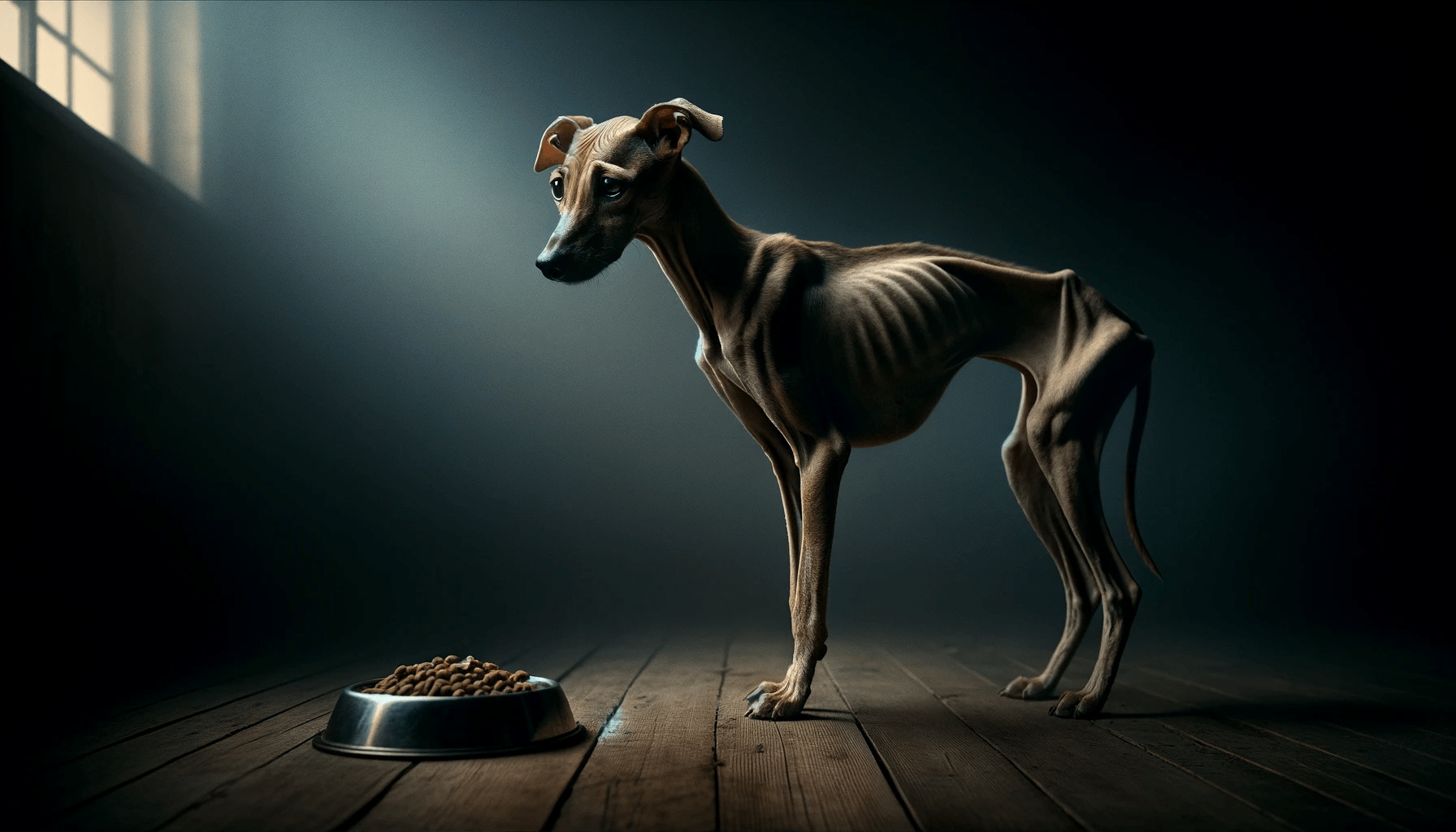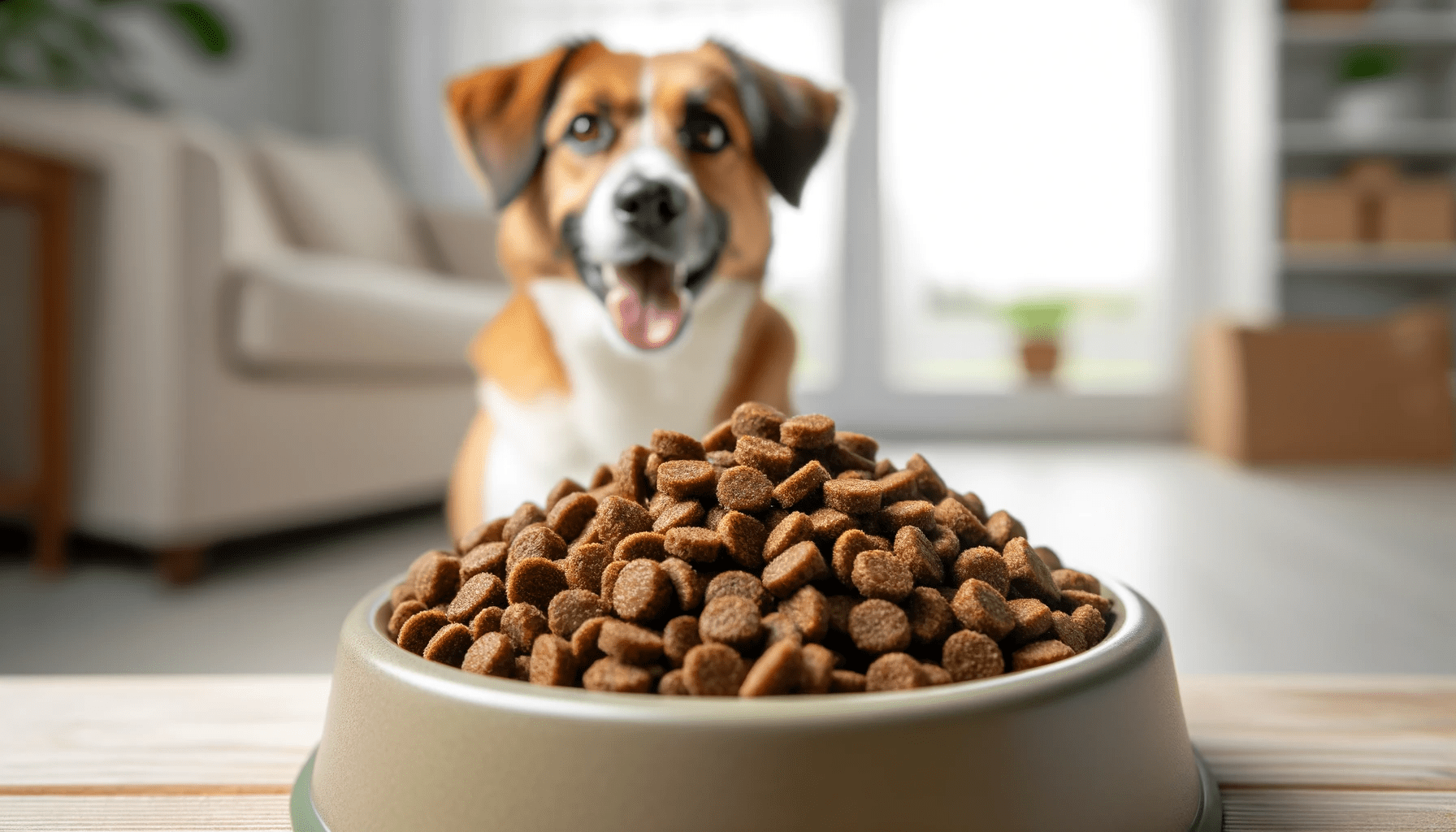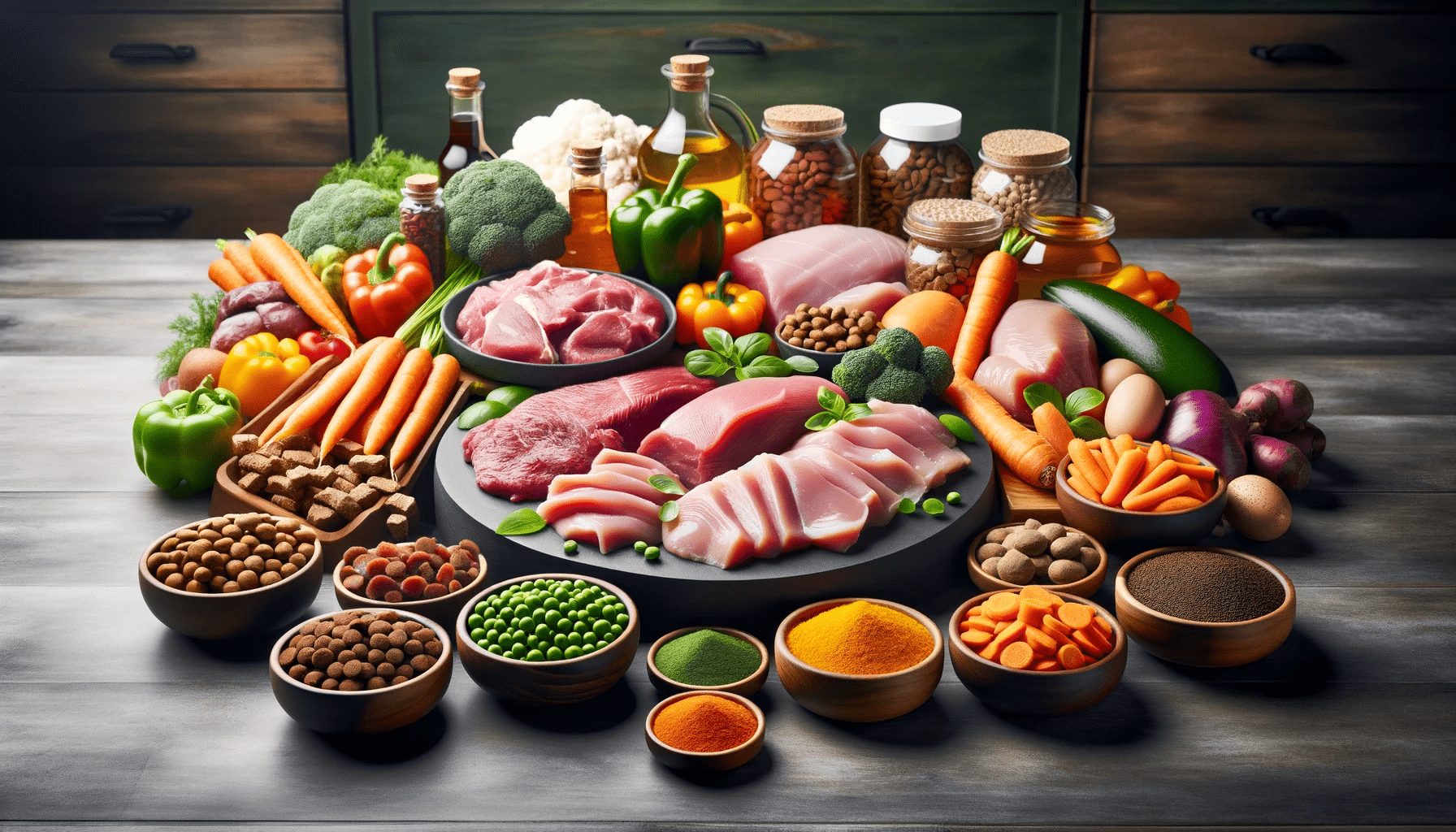Are you looking to keep your furry friend healthy and happy? Look no further! We've got you covered with these 7 essential nutrition tips for a healthy dog.
From feeding guidelines to portion control, we'll help you navigate the world of dog nutrition.
Discover the importance of essential nutrients, managing allergens, and providing proper hydration.
Plus, we'll even share some tips on healthy treats and supplements.
Get ready to give your canine companion the best nutrition possible!
Key Takeaways
- Follow feeding guidelines for a balanced and nutritious diet
- Practice portion control and weight management techniques to maintain a healthy body weight
- Choose healthy treats that are rich in vitamins and minerals
- Maintain proper hydration and consider incorporating supplements and superfoods for added health benefits
Feeding Guidelines
When feeding your dog, it's important to follow these guidelines to ensure their health and well-being.
Understanding your dog's feeding habits and meeting their dietary needs is crucial for their overall health. Dogs are carnivores by nature, so their diet should primarily consist of high-quality animal protein. Look for dog food that lists a specific animal protein as the first ingredient, such as chicken or beef.
It's also important to consider your dog's age, size, and activity level when determining their portion sizes. Puppies and active dogs may require larger servings, while senior or less active dogs may need smaller portions to maintain a healthy weight.
Additionally, provide fresh water at all times to keep your dog hydrated. Avoid feeding your dog human foods that can be harmful to their health, such as chocolate, onions, grapes, and caffeine.
Following these feeding guidelines will help ensure that your furry friend receives the proper nutrition they need for a long and healthy life.
Essential Nutrients
To ensure your dog's health and well-being, it's important to understand the essential nutrients they need in their diet. Dogs require a balanced diet that includes proteins, carbohydrates, fats, vitamins, and minerals. These nutrients play a crucial role in maintaining their overall health and supporting various bodily functions.
Proteins are essential for muscle development, tissue repair, and the production of enzymes and hormones. Good sources of protein for dogs include meat, fish, poultry, eggs, and dairy products.
Carbohydrates provide energy and fiber, and can be sourced from grains, vegetables, and fruits.
Fats are necessary for the absorption of fat-soluble vitamins and provide a concentrated source of energy. You can find healthy fats in foods like fish oil and flaxseed.
Vitamins and minerals are vital for various physiological processes, including immune support, bone health, and cell function. Dogs can obtain these nutrients from a balanced diet that includes fruits, vegetables, and organ meats. Additionally, certain minerals like calcium and phosphorus are important for strong bones and teeth.
It's important to note that nutrient absorption can vary depending on the quality of the dog's diet and their individual digestive system. Providing a high-quality commercial dog food or a well-balanced homemade diet can help ensure that your dog receives all the essential nutrients they need for optimal health.
Portion Control
When it comes to portion control for your dog, there are a few key points to keep in mind.
First, weight management techniques are crucial to ensure your dog maintains a healthy body weight.
Secondly, it's important to follow a feeding schedule recommended by your veterinarian or pet nutritionist.
Lastly, monitoring your dog's food intake, including treats and snacks, is essential for maintaining portion control and preventing overfeeding.
Weight Management Techniques
You can effectively manage your dog's weight by implementing portion control techniques.
Weight loss strategies for dogs include providing them with a balanced and nutritious diet while controlling their calorie intake. Portion control plays a crucial role in helping your dog maintain a healthy weight.
Start by consulting with your veterinarian to determine the appropriate portion size for your dog based on their age, breed, and activity level. Avoid overfeeding and resist the temptation to give your dog extra treats or table scraps.
Additionally, incorporating regular exercise routines into your dog's daily routine can aid in weight management. Engage your dog in activities such as walking, playing fetch, or swimming to help burn calories and maintain a healthy weight.
Feeding Schedule Recommendations
To effectively manage your dog's weight, continue implementing portion control techniques by following a recommended feeding schedule. Consistency is key when it comes to your dog's feeding schedule. Stick to a routine by feeding them at the same times every day. This helps regulate their appetite and prevents overeating.
Mealtime routines are also important for dogs, as they thrive on structure and predictability. Establish a quiet and calm environment during mealtime to minimize distractions and create a positive eating experience.
Additionally, consider dividing your dog's daily food portion into multiple smaller meals throughout the day. This can help prevent hunger between meals and keep their metabolism active.
Monitoring Food Intake
To effectively manage your dog's weight and ensure their overall health, it's crucial to monitor their food intake through portion control techniques.
Food monitoring involves keeping track of the amount of food your dog consumes each day. This can be done by measuring their meals using a measuring cup or a kitchen scale.
By monitoring their food intake, you can ensure that your dog is getting the right amount of nutrients without overfeeding them. It's also important to track your dog's weight regularly to assess if their current portion size is appropriate.
If your dog is gaining weight, you may need to adjust their portion size accordingly. On the other hand, if your dog is losing weight, you might need to increase their food intake.
Monitoring food intake and weight tracking go hand in hand to maintain your dog's optimal health.
Healthy Treats
When it comes to treating your dog, it's important to choose nutritious options that support their overall health. Consider incorporating snacks that are rich in vitamins and minerals, such as carrots or blueberries.
Remember to follow portion control guidelines to avoid overfeeding. If you're feeling adventurous, try making homemade treats using simple recipes that you can find online.
Nutritious Snack Options
Choosing nutritious snacks is important for maintaining your dog's healthy diet. When it comes to providing healthy treat alternatives for your furry friend, there are a few options you can consider:
- Fruits and vegetables: Many fruits and vegetables make great snacks for dogs. Apples, carrots, and blueberries are all nutritious options that provide vitamins and fiber.
- Lean meats: Instead of processed dog treats, you can give your dog small pieces of lean meats like chicken or turkey. Make sure to remove any bones and cook the meat thoroughly.
- Frozen treats: On a hot day, frozen treats can be a refreshing snack for your dog. You can freeze plain yogurt or blend fruits like bananas and strawberries with water and freeze them into ice cube trays.
- Homemade treats: Making your own dog treats allows you to control the ingredients. There are plenty of simple recipes available online that use ingredients like oats, peanut butter, and pumpkin.
Portion Control Guidelines
When providing healthy treat alternatives for your furry friend, it's important to practice portion control to maintain their healthy diet.
Portion control tips are essential to ensure that your dog is getting the right amount of treats without overindulging. One way to do this is by measuring food accurately. Use a measuring cup or a kitchen scale to portion out the treats according to your dog's size and weight.
It's also a good idea to break larger treats into smaller pieces to make them last longer. Remember that treats should only make up a small portion of your dog's overall diet, so it's important not to go overboard.
Homemade Treat Recipes
To ensure a healthy diet for your dog, you can easily make homemade treats using nutritious ingredients. Not only are homemade treats a great way to bond with your furry friend, but they also allow you to control the quality of ingredients and avoid any potential harmful additives.
Here are four homemade treat recipes that aren't only healthy but also delicious:
- Pumpkin Biscuits: Pumpkin is a great source of fiber and can aid in digestion. Mix canned pumpkin puree with whole wheat flour and a touch of cinnamon, then bake until golden brown.
- Peanut Butter Treats: Dogs love peanut butter, and it's a good source of protein and healthy fats. Combine peanut butter with oats, honey, and mashed banana, then bake into bite-sized treats.
- Sweet Potato Chews: Sweet potatoes are packed with vitamins and minerals. Slice sweet potatoes into thin strips and bake until crispy for a tasty and nutritious snack.
- Carrot Crunchies: Carrots are low in calories and high in fiber. Grate carrots and mix with oats, eggs, and a sprinkle of parsley, then bake until crispy.
Allergen Management
Proper allergen management is crucial for maintaining your dog's health and well-being. If you suspect that your dog has allergies, it's important to consult with your veterinarian. They can conduct allergen testing to identify specific allergens that may be causing your dog's symptoms. Once the allergens are identified, you can take steps to minimize your dog's exposure to them.
One effective way to manage allergens is by implementing a hypoallergenic diet for your dog. These diets are formulated to be free from common allergens such as wheat, soy, and dairy. They often contain novel protein sources like venison or duck, which are less likely to trigger allergic reactions. By feeding your dog a hypoallergenic diet, you can help reduce the likelihood of allergic reactions and alleviate your dog's discomfort.
In addition to dietary changes, it's important to keep your dog's environment clean and free from potential allergens. Regularly vacuuming and dusting your home can help remove allergens like dust mites and pollen. Washing your dog's bedding frequently and using hypoallergenic detergents can also help minimize allergen exposure.
Hydration Importance
To maintain your dog's health and well-being, it's crucial to understand the importance of proper hydration. Adequate water intake is essential for your dog's overall health and can provide numerous benefits. Here are four reasons why hydration is so important for your furry friend:
- Regulates body temperature: Dogs rely on panting to cool themselves down, but this mechanism isn't always enough. By staying hydrated, your dog can maintain a stable body temperature, especially during hot weather or intense physical activity.
- Supports digestion: Water plays a vital role in digestion by helping to break down food and absorb nutrients. It keeps the digestive system running smoothly and prevents issues like constipation.
- Promotes healthy joints: Proper hydration helps to lubricate your dog's joints, reducing the risk of joint problems and arthritis. It also aids in the transport of nutrients to the joints, ensuring they stay healthy and mobile.
- Boosts overall well-being: Just like humans, dogs need water for their organs to function properly. Hydration supports healthy kidney function, aids in toxin removal, and helps maintain a strong immune system.
Remember to always provide your dog with fresh, clean water and encourage them to drink regularly throughout the day. By prioritizing hydration, you can help your furry friend stay healthy and happy.
Supplements and Superfoods
Consider incorporating supplements and superfoods into your dog's diet to enhance their overall nutrition and well-being. Supplements can provide additional vitamins and minerals that may be lacking in their regular diet. Fish oil, for example, is a popular supplement that can promote a healthy coat and skin, support joint health, and improve cognitive function. It contains omega-3 fatty acids, which have anti-inflammatory properties and can benefit dogs with arthritis or allergies.
Another supplement that can be beneficial for dogs is probiotics. Probiotics promote a healthy gut by balancing the bacteria in the digestive tract. They can improve digestion, reduce diarrhea, and strengthen the immune system. Probiotics are particularly useful for dogs with sensitive stomachs or those on antibiotics.
In addition to supplements, incorporating superfoods into your dog's diet can provide a range of health benefits. Superfoods like blueberries, spinach, and sweet potatoes are packed with antioxidants, vitamins, and fiber. You can easily make superfood recipes at home by adding these ingredients to your dog's meals or making homemade treats.
Frequently Asked Questions
How Often Should I Feed My Dog?
You should feed your dog according to a feeding schedule. Portion control is important to ensure your dog gets the right amount of food. It's crucial for their overall health and well-being.
Can I Give My Dog Human Food as Treats?
Yes, you can give your dog human food as treats, but be cautious. Some human food can be harmful to dogs. It's important to know dog treat alternatives and potential dangers of feeding dogs human food.
How Do I Know if My Dog Has a Food Allergy?
If you notice signs of food allergies in your dog, such as itching, vomiting, or diarrhea, it's important to consult a veterinarian. They can help you determine the allergen and provide guidance on managing the allergy.
Are There Any Supplements I Should Be Giving My Dog?
You should consider giving your dog supplements, but it's important to know which ones are safe and beneficial. Some recommended supplements include fish oil for joint health and probiotics for digestion. However, be aware of potential risks and consult your vet.
Is It Necessary to Provide My Dog With Fresh Water All the Time?
Yes, it's necessary to provide your dog with fresh water all the time for necessary hydration and health benefits. Water helps with digestion, circulation, temperature regulation, and overall well-being.
Conclusion
In conclusion, by following these 7 essential nutrition tips, you can ensure that your dog maintains a healthy diet.
Feeding them according to guidelines, providing essential nutrients, controlling portions, and offering healthy treats will support their overall well-being.
Managing allergens and ensuring proper hydration are crucial for their health.
Additionally, considering supplements and superfoods can further enhance their nutrition.
Remember, a balanced and nutritious diet is key to keeping your furry friend happy and healthy.
